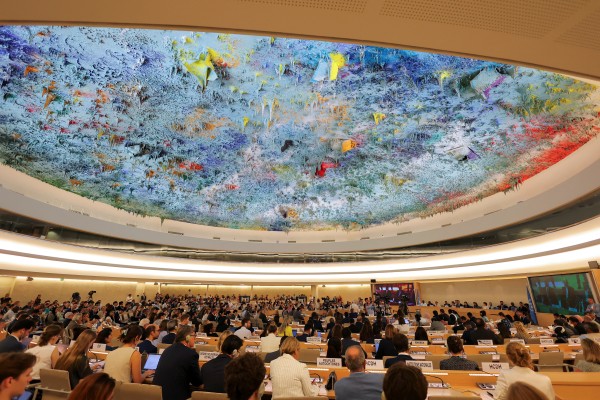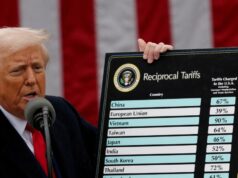
Iran has formally suspended its cooperation with the International Atomic Energy Agency (IAEA), marking a significant escalation in the region’s nuclear standoff just days after the country was targeted in coordinated military strikes by the United States and Israel.
The decision follows the Iranian Parliament’s approval of a bill that prohibits IAEA inspectors from accessing nuclear facilities unless Iran receives explicit security guarantees.
The move has drawn global concern amid heightened tensions in West Asia, even as a ceasefire between Iran and Israel was announced late Sunday.
Mohammad Hossein Farhanghi Salimi, a senior member of the Iranian Parliament’s Presiding Board, confirmed that legislation to suspend IAEA access had been passed. “IAEA inspectors will not be allowed to enter the country unless the security of Iran’s nuclear facilities and peaceful nuclear activities is guaranteed,” he said, adding that such guarantees must be vetted and approved by Iran’s Supreme National Security Council.
Iranian Foreign Minister Abbas Araghchi, speaking to Al-Arabi Al-Jadeed, criticised the global non-proliferation framework, suggesting Tehran may reconsider its commitment to the Nuclear Non-Proliferation Treaty (NPT). “We have spent years trying to show the world that we are committed to the NPT… but this treaty failed to protect us or our nuclear programme,” Araghchi said. “Our view on the NPT may change, though I cannot yet opine the exact direction of those changes.”
In a coordinated response, BRICS member states — Brazil, Russia, India, China, and South Africa — issued a joint statement condemning the strikes by the United States and Israel on Iranian territory, calling them “a violation of international law and the UN Charter.” The bloc urged restraint and a return to dialogue, warning against further escalation in the region.
Iran’s Permanent Representative to the United Nations also addressed the Security Council, demanding international condemnation of the strikes. “Their full-fledged war has failed, and Iran stood tall with pride,” the envoy said. “If this Council wishes to maintain its credibility, it must explicitly condemn the aggressions and prevent their recurrence.”
India reacted positively to the announcement of a ceasefire between Iran and Israel, calling it a “welcome development” and praising the mediating roles played by the United States and Qatar.
“We remain deeply concerned about the prospects for overall and sustained regional security and stability,” India’s Ministry of External Affairs said in a formal statement. “There is no alternative to dialogue and diplomacy. India stands ready to play its part.”
New Delhi also reiterated its long-standing position in favour of de-escalation and peaceful resolution of regional disputes, underlining the importance of preserving international law and stability in West Asia.
The Iranian Embassy in New Delhi issued a statement expressing gratitude to Indian civil society for its support during the crisis. “Messages of solidarity and moral support during a time of brutal military assault have been a source of deep encouragement,” the embassy noted.
It further highlighted the “awakened conscience” of Indian citizens, political leaders, and NGOs, calling their support “a reflection of shared values and commitment to justice and international law.”
Iran’s Deputy Foreign Minister Saeed Khatibzadeh said Tehran would formally lodge a complaint with the United Nations and seek compensation from the United States for damage caused to its nuclear infrastructure.
“Washington must pay compensation,” Khatibzadeh told Al-Mayadeen, warning that the attacks would not go unanswered through diplomatic channels.
While the ceasefire offers a brief reprieve, the region remains volatile. Iran’s withdrawal from IAEA cooperation and talk of reassessing its NPT commitments raise fresh concerns about nuclear oversight.
As diplomatic efforts intensify, the coming weeks will be crucial in determining whether this fragile pause leads to sustained de-escalation — or merely precedes a deeper crisis.




